Leukemia is a cancer of the immune system and is a major cause of death from cancer in children and young adults. Chimeric antigen receptor (CAR) T cell therapy, which involves genetic engineering of a cancer patient’s own immune system cells to fight cancer, has demonstrated curative potential. Despite excellent initial responses to treatment, however, leukemia recurs in up to half of pediatric leukemia patients after CAR T treatment. A major cause of treatment failure is that CAR T cells do not attach to cancer cells as strongly as natural T cells do to their targets, and this limits their ability to find and kill cancer cells. Dr. Pauerstein’s research is attempting to improve CAR T cell sensitivity to cancer cells using synthetic cell adhesion molecules, a type of molecular glue between two cells. Engineering adhesion into CAR T cells should build a synthetic immune synapse that can help improve cell-based treatments for leukemia and eventually other cancers. Dr. Pauerstein received his MD, PhD from Stanford University, Stanford and his BA from Rice University, Houston.
Blood Cancers
Current Projects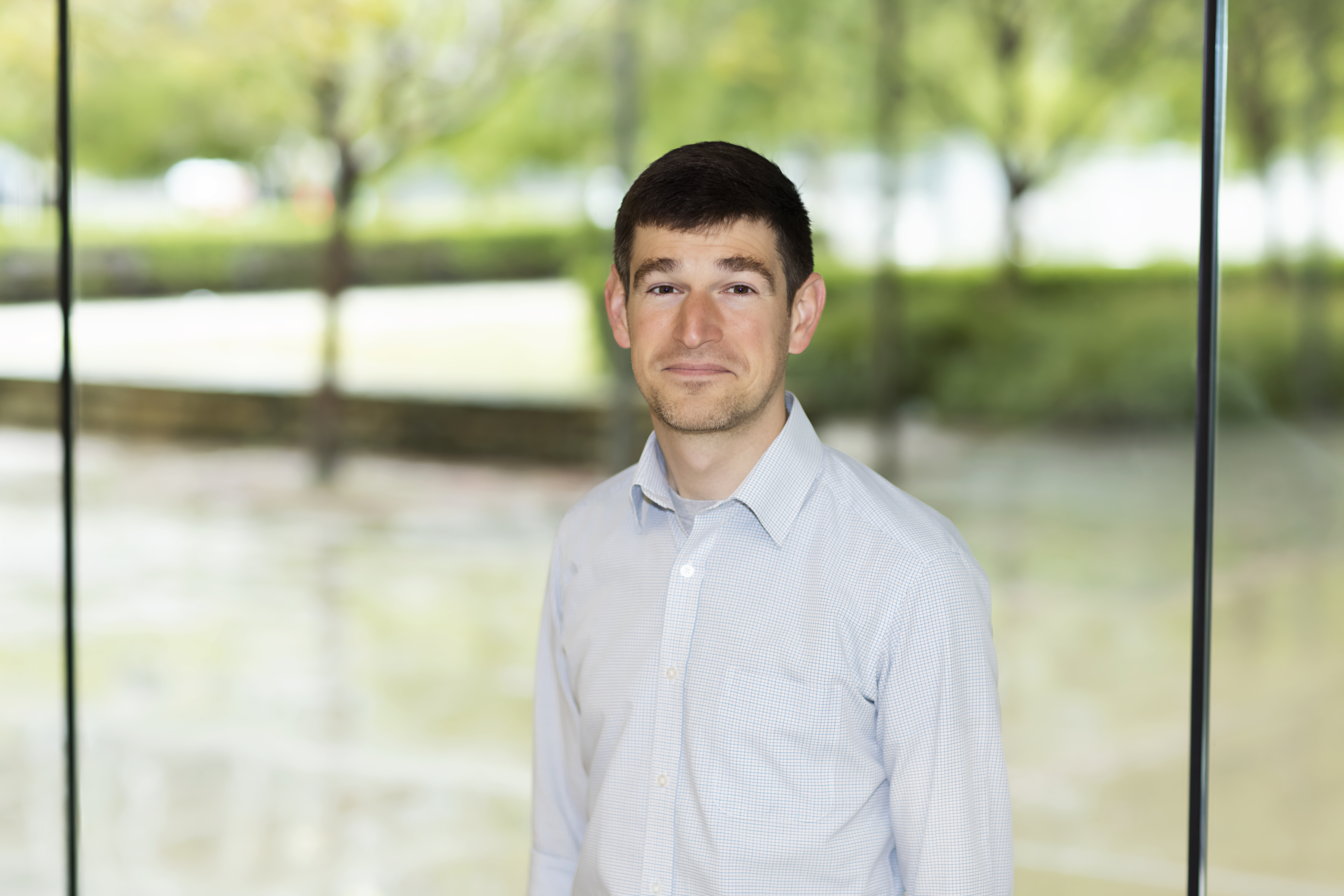
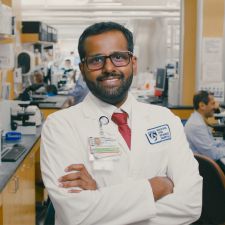
It has been long recognized that B-cell malignancies such as follicular lymphoma (FL) are dependent on interactions with nearby non-malignant cells for survival. However, this dependency has yet to be exploited therapeutically. Dr. Shanmugam aims to define the pro-tumorigenic growth factors in the environment around malignant B cells in FL and elucidate the mechanisms of how these growth factors promote FL cell survival and proliferation. This knowledge will enable the development of new treatments that block these interactions and new laboratory models of follicular lymphoma.
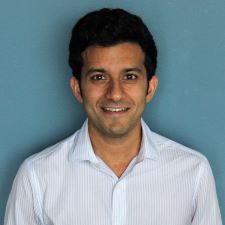
Chimeric antigen receptor T cell (CAR T cell) therapy, in which a patient's own immune cells are engineered to target their cancer, has changed the treatment landscape for many blood cancers. Despite promising early results, however, long-term follow-up has revealed that nearly half of patients treated with CAR T cells eventually experience cancer recurrence. Using a variety of techniques in cell lines and patient samples, Dr. Singh [Bakewell Foundation Clinical Investigator] aims to understand how interactions between engineered T cells and blood cancer cells in some cases lead to long-term remission, and in others to therapeutic failure. The broad goals of his lab are to understand the biological signals that cause these therapies to fail, and to use this knowledge to design next-generation immunotherapies that can cure more patients.
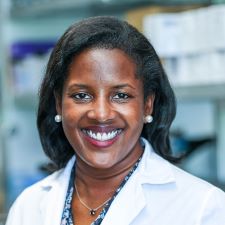
The microorganisms that live in the digestive tract, also known as the intestinal microbiome, have emerged as important factors in patients' response to cancer therapy. Studies have found that the intestinal microbiome can modulate the anti-tumor immune response to several types of therapy, including chimeric antigen receptor T cell (CAR T cell) therapy, in which a patient's own immune cells are genetically modified to target their cancer. CAR T therapy has led to unprecedented responses in patients with high-risk blood cancers such as leukemia and lymphoma. However, patients may experience disease relapse or CAR-mediated toxicities. Dr. Smith has found that responses to CAR T therapy are linked to alterations in and abundances of the intestinal microbiome. Her research will investigate how the intestinal microbiome mediates this impact on CAR T cells. Dr. Smith was previously a Damon Runyon Physician-Scientist, a complementary award program designed for clinicians interested in research to acquire the skills needed to become physician-scientists.
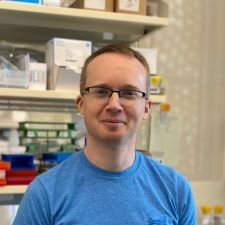
A key question in cancer biology is how genetic mutations, acquired over time, interact with environmental factors to affect emergence and progression of disease. This is particularly relevant in blood cancers because many people acquire genetic mutations in blood-forming stem cells in the bone marrow but only a small proportion go on to develop acute myeloid leukemia (AML). Dr. Swann [William Raveis Charitable Fund Fellow] is investigating whether inflammatory signals alter the behavior of stem cells that have already acquired an initial mutation, causing them to acquire features of cancer that will hasten the onset of AML. Specifically, Dr. Swann is interested in whether pre-cancerous stem cells change their gene expression in response to inflammation, which might allow them to outcompete normal cells in the bone marrow. He is utilizing cutting-edge techniques such as CRISPR editing of blood stem cells to investigate the molecular pathways responsible for these biological changes. This project has the potential to identify molecular pathways activated by inflammation that might promote AML development, offering new targets for therapeutic interventions. Dr. Swann received his VetMD (DVM) from the University of Cambridge and his DPhil (PhD) from the University of Oxford.
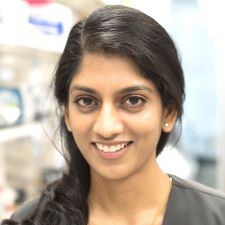
Before a gene can be expressed, a protein known as a splicing factor must remove non-coding regions (introns) from the RNA strand. Mutations in splicing factors, and specifically one called SF3B1, can lead to the development of certain blood cancers. Dr. Vallurupalli [David M. Livingston, MD, Physician-Scientist] will use genome editing technologies to generate and characterize SF3B1-mutant models in human adult blood stem cells. She will also screen for other genetic factors that may influence the outcome of SF3B1 mutations. Her goal is to identify previously unrecognized therapeutic targets for treating splicing factor-mutated blood cancers.

Up to 50% of patients with acute myeloid leukemia (AML) have a genetic alteration called DNA methylation, in which a carbon methyl group is added to the DNA molecule, typically turning the methylated gene "off." A mainstay of therapy is the use of hypomethylating agents, which prevent copying of these modifications during cell division, but this therapy is effective in only 20-30% of patients. Using chemical and genetic manipulation in mouse bone marrow, Dr. Viny [Damon Runyon-Doris Duke Clinical Investigator] aims to determine the effect of DNA methylation on the ability of specific regions of the genome to be accessible to proteins involved with gene expression and other regions to be inaccessible and "silenced." In a prospective phase II clinical trial, he will treat relapsed AML patients with dual hypomethylating agents. By studying these patients' genetic profiles, he aims to determine the genetic features that contribute to therapy response, paving the way for more effective interventions to be developed for patients with acute myeloid leukemia. Dr. Viny was previously a Damon Runyon Fellow.
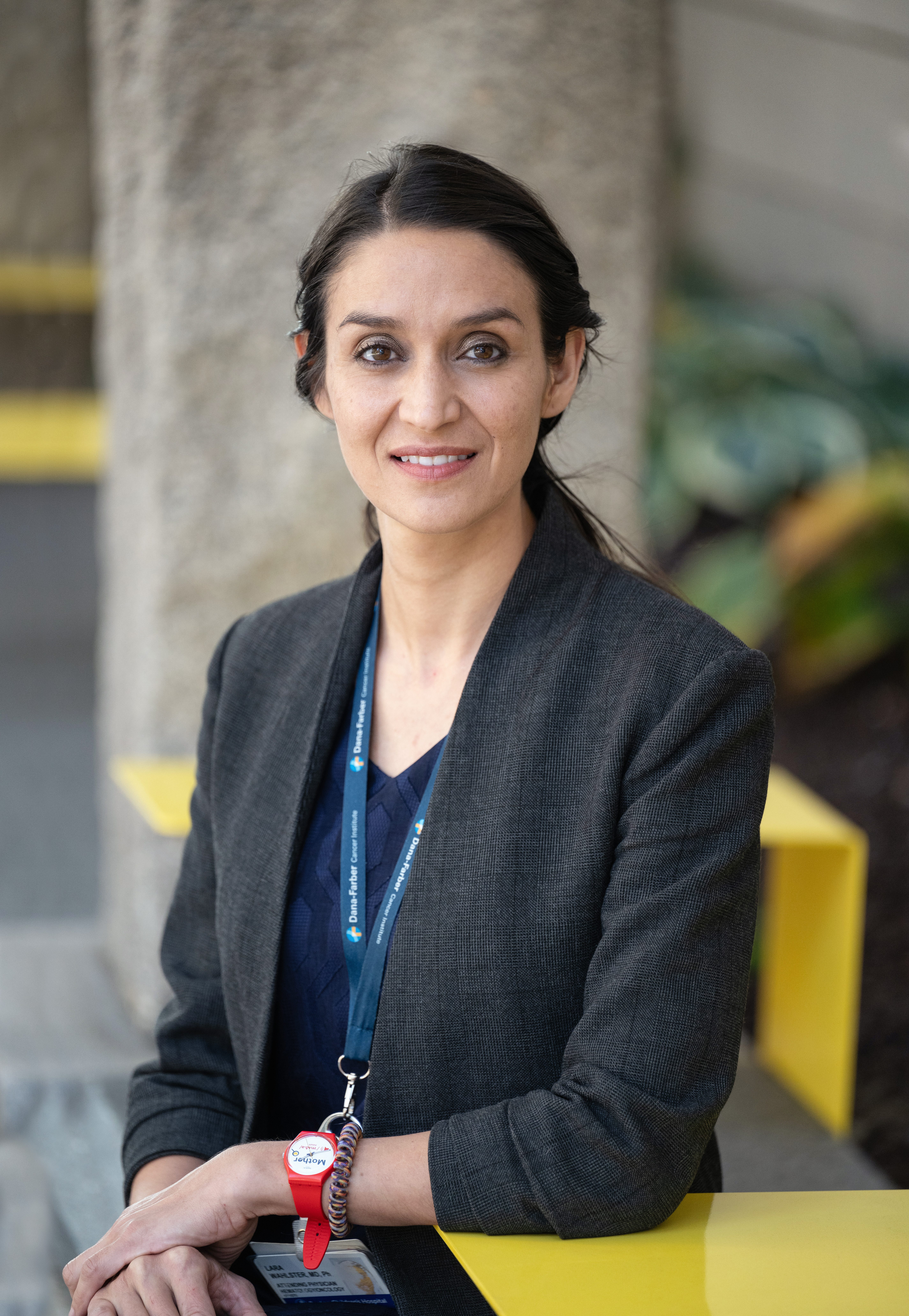
Dr. Wahlster is studying the developmental origins of acute lymphoblastic leukemia (ALL), the most common childhood cancer and leading cause of death in children. The goal of Dr. Wahlster’s research is to understand the biological processes that drive blood cancer development. Applying innovative genomic tools, her work seeks to decipher how cancer-predisposing genetic variants impact early blood cell development and facilitate the acquisition of secondary genetic changes found in ALL. She aims to leverage these insights to guide the development of novel, mechanism-based treatments. Dr. Wahlster earned her MD and PhD from the University of Heidelberg, Heidelberg.

Dr. Weeks [Damon Runyon-Timmerman Traverse Clinical Investigator] plans to develop computerized models that can review images of blood cells and predict a patient’s risk of developing acute myeloid leukemia. Because computers can capture small changes in images better than humans looking at cells under a microscope, such a model could connect data about the shapes and appearance of blood cells to the presence of pre-leukemia genetic changes known as clonal hematopoiesis. This work will inform the extent to which blood cell appearance is associated with the underlying biology of leukemia and Pre-leukemia. Ultimately, Dr. Weeks aims to refine existing models of leukemia risk prediction and pave the way for screening programs that can identify individuals with clonal hematopoiesis who are at the highest risk for progressing to cancer.
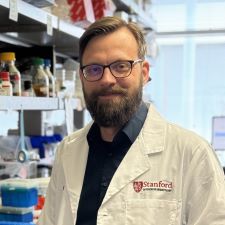
Certain cancers of the blood are treated by transplanting stem cells that can regenerate all kinds of blood cells from healthy donors. Even though this procedure has the potential to cure the cancer, common complications such as bloodstream infections or graft-versus-host disease (when the body rejects the donor cells) can lead to major side effects and even death. There is substantial evidence that these complications are linked to the microbes residing in the gut, collectively termed the gut microbiome, but the exact mechanism for this interaction is unknown. To address this knowledge gap, Dr. Wirbel will study how the genomes of gut microbes change over time in a large cohort of blood stem cell transplantation patients, using modern DNA sequencing techniques and developing novel analyses pipelines. He will then investigate whether the genes that are changing in microbial genomes might influence the human immune system and thereby contribute to these clinical complications.
Dr. Wirbel plans to develop a computational tool for the reference-free analysis of microbial genomes over time based on long-read sequencing. By comparing newly assembled genomes across different sampling time points, the tool will detect structural variation (deletion or insertions into the genome) in microbial genomes. Additionally, genomic inversions (“flipping” of the orientation of DNA) and genes associated with these changes will also be identified.







